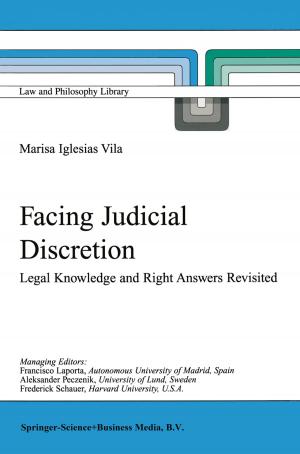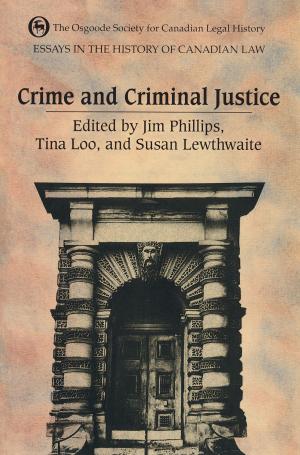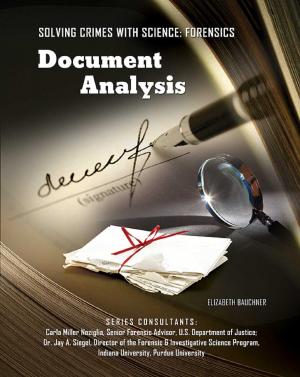Iceberg Sighted: Decision-Making Techniques to avoid titanic disasters
translated from the original in spanish "Iceberg a la vista, 10 principios para la toma de decisiones"
Nonfiction, Reference & Language, Law| Author: | Pablo Maella, Miguel Angel Ariño | ISBN: | 9788493879839 |
| Publisher: | e-Diciones KOLAB | Publication: | November 14, 2011 |
| Imprint: | e-Diciones KOLAB | Language: | English |
| Author: | Pablo Maella, Miguel Angel Ariño |
| ISBN: | 9788493879839 |
| Publisher: | e-Diciones KOLAB |
| Publication: | November 14, 2011 |
| Imprint: | e-Diciones KOLAB |
| Language: | English |
Making decisions and putting them into practice is the most important task of directors and of individuals in society. In this book, now available in English in eBook format, professors Miguel A. Ariño and Pablo Maella, of IESE Business School in Barcelona, explain that we can learn to make better decisions following ten key principles. The authors review what went wrong in the decision-making processes of those who constructed and directed the luxury passenger ship,Titanic, and why this faulty decision-making led it to sink on that fateful night in April of 1912. They also evaluate the Hurricane Katrina disaster and that of the Challenger space shuttle and identify how ineffective decision-making contributed to these tragedies. Additionally, the professors examine other well-known cases in the corporate world, such as the Enron debacle, and identify what we can learn from such situations.
As the centennial of the sinking of the Titanic draws near, this book has special relevance. Furthermore, in these uncertain economic times, the ability to make good decisions is more important than ever for the economic health of organizations and the future prosperity of nations across the globe.
Making decisions and putting them into practice is the most important task of directors and of individuals in society. In this book, now available in English in eBook format, professors Miguel A. Ariño and Pablo Maella, of IESE Business School in Barcelona, explain that we can learn to make better decisions following ten key principles. The authors review what went wrong in the decision-making processes of those who constructed and directed the luxury passenger ship,Titanic, and why this faulty decision-making led it to sink on that fateful night in April of 1912. They also evaluate the Hurricane Katrina disaster and that of the Challenger space shuttle and identify how ineffective decision-making contributed to these tragedies. Additionally, the professors examine other well-known cases in the corporate world, such as the Enron debacle, and identify what we can learn from such situations.
As the centennial of the sinking of the Titanic draws near, this book has special relevance. Furthermore, in these uncertain economic times, the ability to make good decisions is more important than ever for the economic health of organizations and the future prosperity of nations across the globe.















